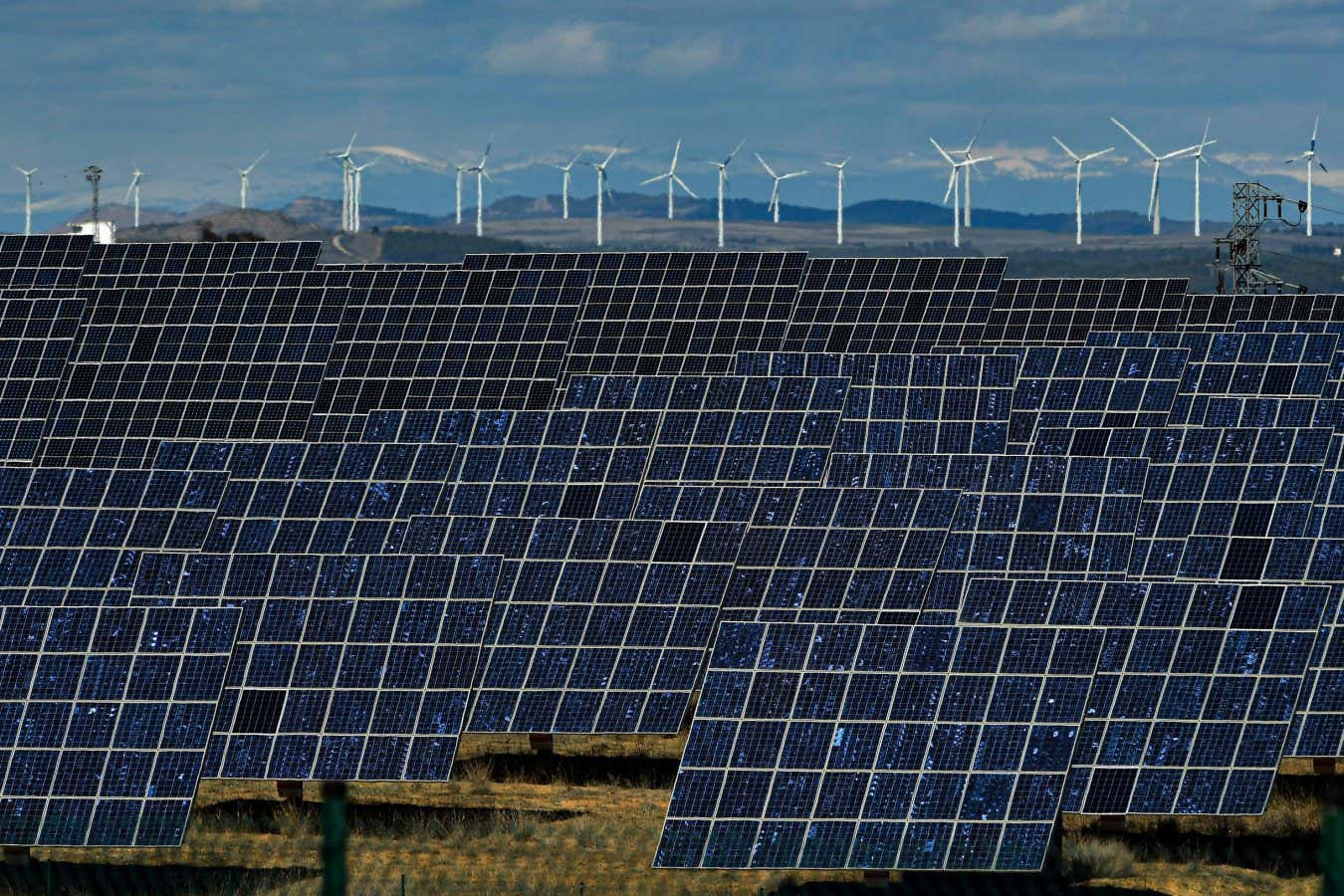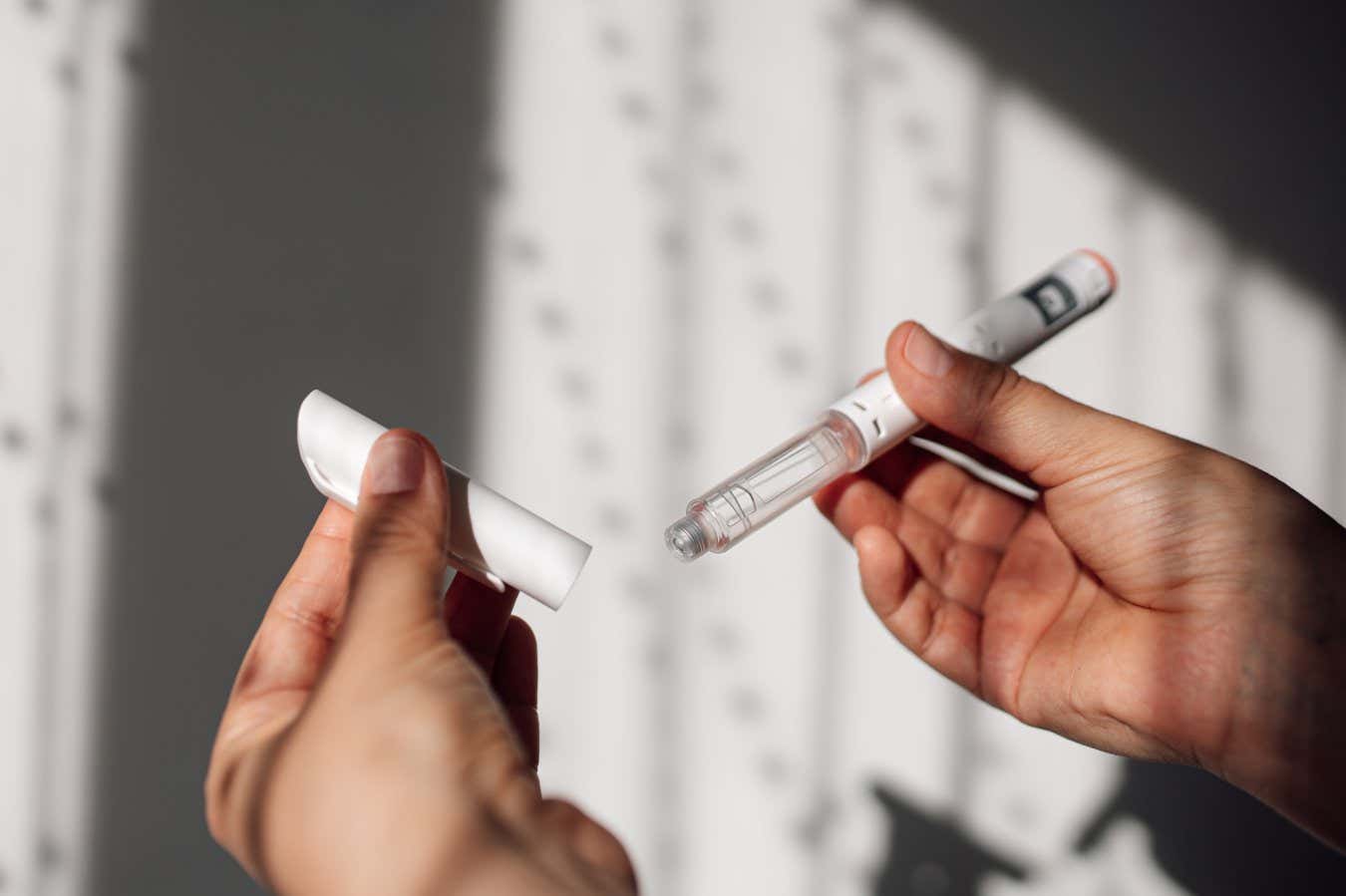The Supreme Court of Russia, on 30 November 2023, ruled against the ‘international LGBTQ movement’, declaring it an ‘extremist organisation’ and allowing the Russian government to take steps to curb LGBTQ activism in the country. The Russian government has long seen what it calls the LGBTQ ‘movement’ as ‘Western propaganda’, and this ruling is the culmination of their longstanding opposition to LGBTQ activism. This blog contends that Russia’s restrictions on LGBTQ persons and those advocating for their rights amount to state-sponsored homophobia and transgress Russia’s obligations under international law.
Russia’s Ministry of Justice had filed a motion before the Supreme Court, calling for the Court to declare the LGBTQ movement an ‘extremist organisation’ and ban its operation in the country. The Court, accepting the government’s plea, declared the LGBTQ movement extremist and allowed the government to take steps to penalise any such activism. The ruling thus brings such activities within the ambit of the Russian Criminal Code. Under the Code, participating in or financing an extremist organisation attracts up to 12 years imprisonment. If an individual is proven to be guilty of displaying symbols associated with such groups, they could be sentenced to a maximum of 15 days in detention for the first violation and up to four years for subsequent violations. Further, authorities may include individuals suspected of involvement with an extremist organisation in their countrywide ‘list of extremists’, and accordingly freeze their bank accounts. The decision therefore not only deals a daunting blow to those actively taking part in LGBT organisations, but also affects those providing indirect support. Indeed, the term ‘international LGBTQ movement’ is extremely vague and broad, and could allow authorities to prosecute anyone for any activities related to LGBTQ rights or any public association with the LGBTQ community.
This is not the first time such a position has been taken by a governmental body in Russia. In December 2022, the Duma extended the scope of Russia’s ‘gay propaganda’ law, forbidding public information about LGBTQ people and the public portrayal of non-heterosexual relations. This Supreme Court decision thus forms part of a wider pattern of Russia’s state-sponsored homophobia and restrictions of LGBTQ organisations and activism.
Russia is a party to most major human rights conventions, including the International Covenant on Civil and Political Rights (ICCPR) and the Convention Against Torture (UNCAT). However, the recent decision is in conflict with Russia’s obligations under these conventions. In particular, the ruling permits blanket restrictions that would violate the rights to freedom of expression (Article 19 ICCPR), assembly (Article 21 ICCPR) and association (Article 22 ICCPR). Moreover, the restrictions, targeting the LGBTQ community, are discriminatory on the basis of sexual orientation and gender identity, contrary to Articles 2 and 26 ICCPR. The United Nations Human Rights Committee (HRC) has previously found that Russian restrictions on public activities and information relating to the LGBTQ community violate Russia’s obligations under the ICCPR: in Alekseev v Russia, the HRC ruled that Russia’s repeated ban on pride demonstrations violated the right to peaceful assembly in Article 21. In Fedotova v Russia and Nepomnyaschiy v Russia, the HRC also held that regional laws prohibiting ‘propaganda of homosexuality’ violated the right to freedom of expression (Article 19) and were discriminatory (in violation of Article 26), as they expressly drew a distinction based on sexual orientation and gender identity. The Russian Supreme Court’s ruling, restricting the activities of LGBTQ organisations, is in clear contravention of these Articles and HRC decisions.
Moreover, the ruling risks increasing the likelihood of torture against LGBTQ persons. The UN Special Rapporteur on Torture has highlighted that systematic discrimination against sexual minorities increases their vulnerability to torture, while the Committee Against Torture has emphasised that discretionary powers coupled with prejudice can lead to further abuse against such groups. There are multiple reports of torture of LGBTQ persons at the hands of law enforcement officials. The applicant in Lapunov v. Russia was detained and subjected to ill-treatment by state agents. The ECtHR held that this amounted to torture and was perpetrated solely on account of his sexual orientation, and that the government’s investigations into the allegations had been seriously defective. Article 2(1) of UNCAT mandates State parties to take effective measures to prevent acts of torture, yet Russia is not adhering to this obligation. The Supreme Court’s ruling leaves the window wide open for the arrest and detention of LGBTQ persons, increasing the risk of torture by state agents.The Supreme Court’s decision, permitting blanket restrictions of LGBTQ organisations and activism, poses a grave threat of jeopardising the lives of the LGBTQ community in Russia and dangerously undermines various rights enshrined in international human rights conventions to which Russia is a party.
Want to learn more?










